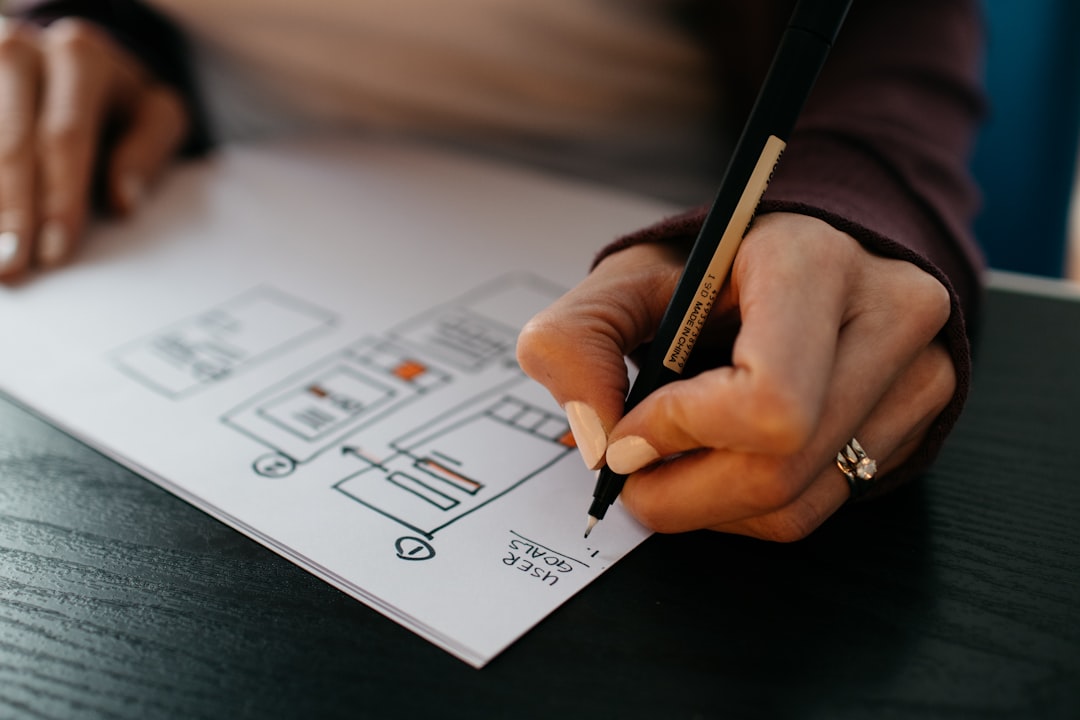Slow Living
Planning, organizing, and the joys of traveling light.
Fast Living
Living in a “fast-paced” society usually promotes a certain level of dehumanization. However, that quick living is now transported everywhere thanks to the advent of technology. Up and coming nations as well as established ones promote the “connected” world of social media as an escape from the issues that besiege them. Tik Tok, Netflix, Facebook, and other entertainment channels are promoted as manners of connectivity that generate positive change. However, they are having a sedating effect on our lifestyle.
This is not to say that television, cinemas, or theatres did not have similar effects in decades past, but the constant flow and fluidity of content combined with its permeating access within people’s pockets has a different impact than the bigger screen in the living room or the physical location where people (used to) watch movies and plays.
Technology has replaced intentionality as everything and everyone is now seconds away from being reached.

This week I find myself in a rural town in Mexico. We only have connectivity during certain hours of the day, outages (power, water, and internet) are frequent, and life is slower given the size of the town. I’ve been able to walk about half the town in 30 minutes, I’m reserving the other half for later this week. Yet, in these past three days, I’ve learned more about how planning has become a forgotten task due to technological advancements. The tools that promised to bring more productivity to our lives ended up consuming most of them. ]
Even here in the rural area of Mexico, most people are webbed by their smartphones. Although they may not be able to use it constantly due to outages, the moment notifications emanate people seek the entertainment provided by high-tech companies. I had a funny moment when someone tried to show me a video about the topic we were talking about, but the outage came just in time, so we ended up talking about it without the media outlet. It was a great conversation even without the extra information.
The tool that promised to bring more productivity to our lives ended up consuming most of it.
Return to planning
Yet, organization is alive in well for some here in Mexico. The vast majority of people I’ve interacted with set their agenda ahead of time due to the outages or lack of resources. Some shops close early or open only half of the day. Locals prepare meetings in advance, have a specific time to eat and shower, and create pockets of time to interact with people at the end of the day. The culture of the town simmers around 6 p.m. Cars, people, and such are not found roaming the streets, their schedule has been set to eat at the table during the evening.
My wife and I have been trying to incorporate the positive values we’ve found here as we anticipate our return to the “big city.” This experience has served us as a reminder that technology doesn’t need to replace intentionality, though it tries to by reminding us that everything and everyone is now seconds away from being reached. WhatsApp, Signal, Telegram, and other communication apps thrive in gathering our attention to see if someone is there while neglecting those around us. It’s as if life is more entertaining on the other end of the screen.

Planning ahead is the best antidote to combat technological creep. While the benefits of “high tech” societies are apparent in their opulence, commodities, or the products acquired in them, they lack key aspects of the human connection. During this week of travel, I’ve seen that globalization has wrought in us a desire to be everywhere and nowhere at the same time. Appointing times with our friends, scheduling time off in the mountains/beach, or creating space during the week for time off the screen can be a great benefit to our lives.
I am excited to get back to Denver and start living even more slowly and not being consumed by the hustle culture imbued in the “productive” society in which I live. Either way, here are three suggestions for this week that may help you plan ahead more effectively:
Slow Living in 3 suggestions
1. Paper Planner
A paper organization system like the Notsu Cards or the Moleskine planners can be a physical reminder of your day and aid to stay away from the screen. You can include simple details, jot down notes, and create a system that flows with your everyday needs. While digital agendas are present, the paper version provides availability without the need for smart devices.
2. Schedule Device Free Days/Hours
Religious people have the practice of the Sabbath (from the Hebrew שבת meaning rest), a day to rest completely from the toils of life. Incorporating device-free days (weekly sabbaticals from devices if you will) can help you reconnect with family, friends, and nature. If done intentionally, it can be a gateway to better mental and physical health. You can even take it to the next level and schedule time every day where you may be away from devices.
3. Remember that life goes on
Tech companies have tried to convince us that we are indispensable to our work, social networks, and families. They try to boost our sense of importance through likes, comments, and constant notifications. Moreover, the culture of emails, ads, and the like tries to manipulate our sense of self so we can purchase, reply, and be busy. As I’ve been away, my co-workers have continued to hold the fort, the company is not failing, and I can continue to enjoy my vacation time.
This is just a reminder for you that life goes on and you can go enjoy it without the need to be tethered to the screen. Schedule break time for you or your family (if you have one). You won’t regret it when you are old.


Man, I can attest to the paper planner instead of keeping it on your digital device... I've been bullet journaling in a very simple productive manner for the last 6 years and it's amazing what keeping your life on paper can do as far as focus and distractions. Thanks for the post, Jose.
Jose.
I found you when I was trying to go flip phone - still have my iphone 12. But I do not use social media - deleted all of my accounts - except Youttube - which I guess is still a social media? I do not log in on my phone tho .. which helps a good deal.
Anyway, I enjoy your writing here. It feels like a nice stretch for you and you are killing it with thoughtful and powerful insights.
I think you would enjoy exploring an analog ZettelKasten (sp) - search on You tube for Scott P. Scheper - he has some amazing tutorials that align with your way of thinking.
PS. You helped inspire me to start my own substack as well.
Keep the writing coming.
Terry